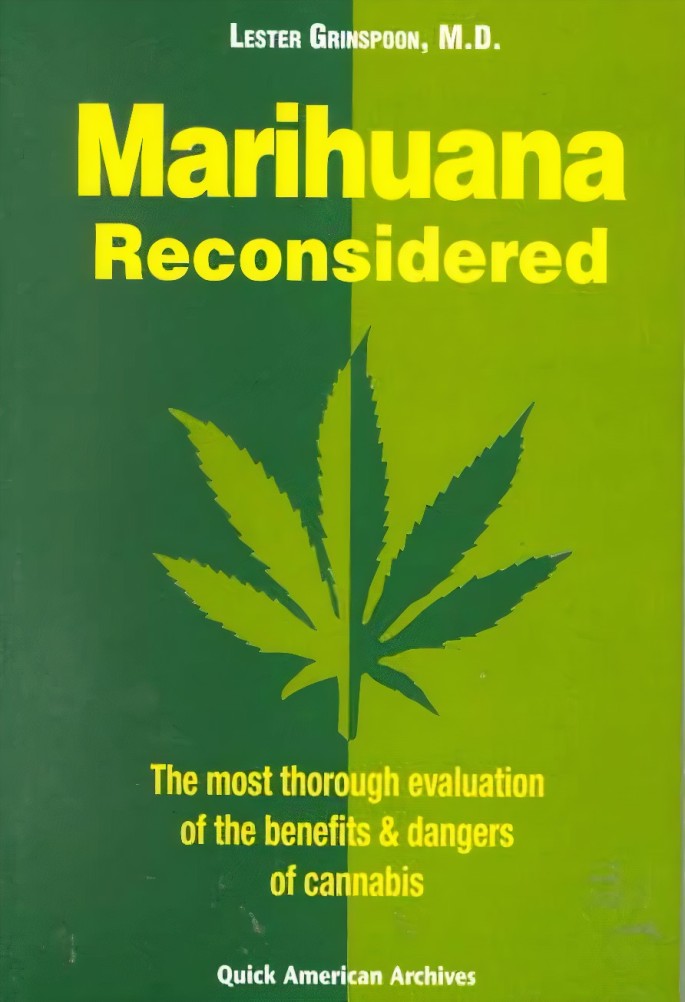As Joe Biden campaigns against president Donald Trump, a task force comprised of members of his and Bernie Sanders’ supporters are meeting to discuss various issues. Biden, hoping to avoid a similar fate as 2016 Democratic presidential candidate Hillary Clinton, has taken the step of forming the task force to try and bridget he divide between progressive and moderate wings of the party.
As Marijuana Moment has covered, the criminal justice task force has been debating cannabis legalization. Progressives hope that the former vice president will get with the times, a supermajority of the party, and a strong majority of American voters, and move from merely supporting decriminalization to supporting legalization:
Most of the group—which consists of advisors appointed by both Biden and former primary rival Sen. Bernie Sanders (I-VT)—support ending cannabis prohibition, and advocates have held out hope that they would recommend that Biden adopt the policy platform in the run-up to the November election.
While some members have publicly talked about the issue since joining the task force, including Linn County, Iowa Supervisor Stacey Walker, who recently commented on the need for reform in light of racial disparities in marijuana criminalization, a new report from Politico appears to be the first confirmation that the group itself is actively considering a formal recommendation on the policy change.
From Politico’s report:
Multiple people said marijuana policy has been discussed on the criminal justice panel, one of the policy groups of the unity task force. Sanders appointees have advocated for legalization. Some Biden appointees personally support legalizing pot and have debated putting the policy in the panel’s recommendations to the former vice president, according to two people familiar with its deliberations.
Biden supports decriminalization, but has resisted calls to make cannabis legal—a reform endorsed by the majority of his primary opponents, including vice presidential contenders Kamala Harris and Elizabeth Warren. The criminalization of marijuana has contributed to the country’s mass incarceration problem, disproportionately affecting black men.
Chiraag Bains, a co-chair of the criminal justice task force tapped by Sanders, said Biden should “end the War on Drugs, including by legalizing marijuana.” He said those are his personal views, however, and he was not speaking as a leader of the task force.
It will be interesting to see what direction Joe Biden plans to take, especially if his pick to be his running mate supports legalization, like frontrunner Kamala Harris. With a big lead in the polls, the Democrat may want to play it safe, but he’ll be playing it wrong if he thinks opposing legalization is safe.
Biden will run the risk of getting outflanked by Donald Trump on the issue, who not only wants to win for himself, but may want to throw a lifeline to Republican Colorado Senator Cory Gardner who could use a win on cannabis. Only time will tell, but both presidential candidates would be wise to adhere to the will of the voters and call for an end to the failed and racist policy of cannabis prohibition.











